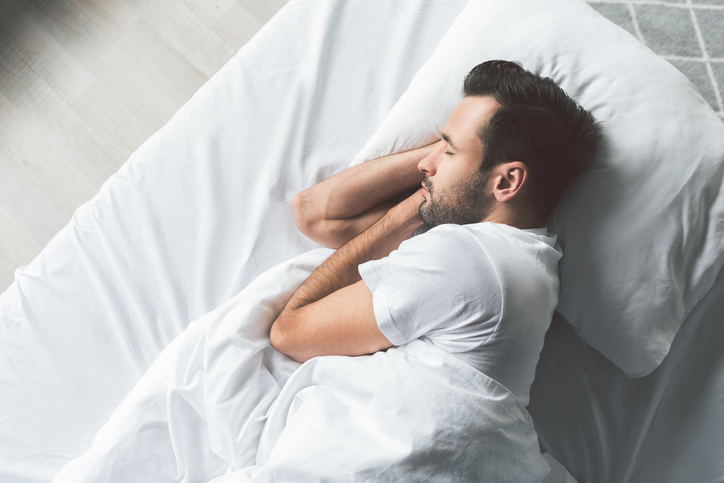Uncle John knows pretty much everything—and if he doesn’t, he heads his massive research library, or puts one of his many associates on the case. So go ahead: In the comments below, ask Uncle John anything.
Why can’t we remember (or even notice) the moment we fall asleep?

It happens every single night. One moment, you’re lying in bed in the dark, thinking about your day, or worrying about tomorrow, and the next moment, BLAM. The alarm clock is buzzing, it’s morning, and it’s time to get up. You just essentially blacked out for the previous eight hours or so but don’t remember the moment you fell asleep, or even the few moments before you took off to sleepy-land, drifting off. It’s kind of weird that every single day there’s a significant chunk of time you don’t remember and never will.
Retrograde amnesia
So how come you have no recollection of the last moments of consciousness each day? It’s the combination of a concept called retrograde amnesia, and the doings of a piece of your brain called the hippocampus. The former refers to the brain’s inability to form memories before an event (or sleep-onset retrograde amnesia) so that it may concentrate on consolidating and storing memories, turning short-term ones into long-term ones. In order to that, it has to stop collecting new memories about five or six minutes before you’re fully nighty-night.
Your hippocampus
That’s where the hippocampus comes in. Sleeping and being awake isn’t an either / or situation. The brain (and body for that matter) falls asleep at a gradual, if efficient, rate. Different parts of the brain go down for the day one by one, which means part of you is sleeping before you’re totally unconscious. Among the first to check out for the night is the hippocampus. It’s part of the brain’s limbic system, which controls emotion, behavior, and memory creation. The hippocampus forms and processes memories…but it leaves the storing of memories to other parts of the brain. Sleep helps the brain consolidate memories (during it’s “time off” from leading you throughout the day), The hippocampus needs to stop working so the brain can get a jump on turning the day’s short-term memories into long-ones.







